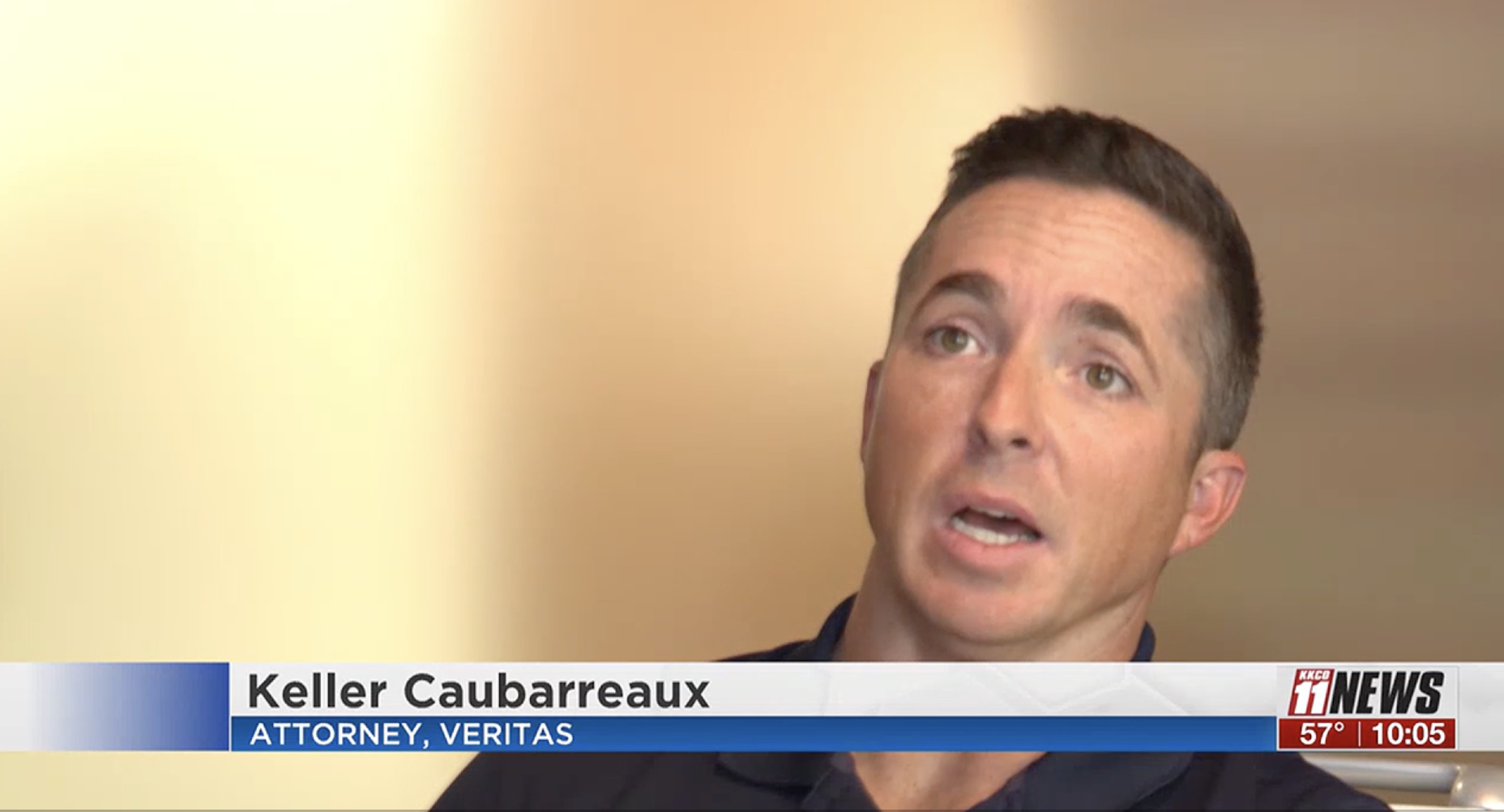Holding Businesses Accountable in this E. Coli Outbreak is Critical to Upholding Justice
In recent weeks, a concerning E. coli outbreak has been reported in Mesa County, with health officials tracing the source back to specific McDonald’s locations. Of all the cases in Colorado, Mesa County has the largest percentage. The news has raised alarms among residents and fast-food patrons, prompting questions about food safety and public health.
Important: If you’ve been affected by the outbreak, first seek medical attention immediately as the infection can be life-threatening, then consult with an attorney to know your rights to compensation.
Understanding Product Liability in the Mesa County E. coli Outbreak
Our Managing Partner, Keller Caubarreaux, recently sat down with local news KKCO to report on the product liability side of this outbreak as a reminder that businesses and corporations can and should be held accountable and that the affected victims have rights to compensation.
“From a liability perspective, in Colorado we have the Products Liability Act, and so this falls under what we call Strict Liability. So if a manufacturer, let’s say McDonald’s, produces a sandwich and gets it out to the masses, they automatically have liability for anything that could be related to the E. coli outbreak from that sandwich - even though it might have originated from a supplier.”
And that supplier can be a target of a lawsuit as well. “They can choose whether or not they want to bring in Taylor Farms or a different supplier, depending on what we learn.”

Victims of the E. Coli Outbreak Could Receive a Healthy Compensation
The symptoms of an E. coli infection can range from mild to severe, with the most severe infections having lifelong implications on health and even resulting in death. Victims of this outbreak are indeed entitled to compensation.
“Here in Colorado," Keller explains, "the damage cap is $729,000 and some change for a product liability case and it can be double that - so we’re talking in the millions of dollars - upon clear and convincing evidence [and if] certain criteria are met.”
If you or a loved one has been infected, first seek medical attention immediately. Then contact an attorney as soon as possible to know your rights in obtaining the compensation you deserve.
The Consequences for Businesses Can be Huge
Businesses and corporations can and should be held accountable in an outbreak such as this, so that justice is upheld. According to Keller, “If we learn that it was internal with one of these larger corporations the consequences could be very severe. And beyond that, you could bankrupt a small business if we learn that it came from one of these local farms. So the consequences are huge.”
If you or a loved one have been affected by this outbreak, contact our local attorneys today to schedule a free consultation. There is never a fee unless you win.
More About the Outbreak from the CDC:

McDonald's Quarter Pounder hamburgers are making people sick, with most illnesses in Colorado and Nebraska.
- Quarter Pounder hamburgers will not be available temporarily in some states while McDonald's makes some supply changes.
- McDonald's stores in Colorado, Kansas, Utah, Wyoming, and portions of Idaho, Iowa, Missouri, Montana, Nebraska, Nevada, New Mexico, and Oklahoma have temporarily stopped using Quarter Pounder slivered onions and beef patties.
- McDonald's is proactively making these changes while investigators work to confirm the contaminated ingredient. Quarter pound beef patties are only used on Quarter Pounders. Fresh slivered onions are primarily used on Quarter Pounder hamburgers and not other menu items.
- Investigators are working to confirm which ingredient in these hamburgers is making people sick and if it went to other restaurants or stores.
What You Should Do
McDonald’s has stopped using fresh slivered onions and quarter pound beef patties in several states to protect their customers while a source of illness is confirmed.
Call your healthcare provider if you have severe E. coli symptoms:
- Diarrhea and a fever higher than 102°F
- Diarrhea for more than 3 days that is not improving
- Bloody diarrhea
- So much vomiting that you cannot keep liquids down
- Signs of dehydration, such as:
- Not peeing much
- Dry mouth and throat
- Feeling dizzy when standing up
Symptoms of E. Coli
Most people infected with Shiga toxin-producing E. coli experience severe stomach cramps, diarrhea (often bloody), and vomiting.
- Symptoms usually start 3 to 4 days after swallowing the bacteria.
- Most people recover without treatment after 5 to 7 days.
Some people may develop serious kidney problems (hemolytic uremic syndrome, also called HUS) and would need to be hospitalized.


